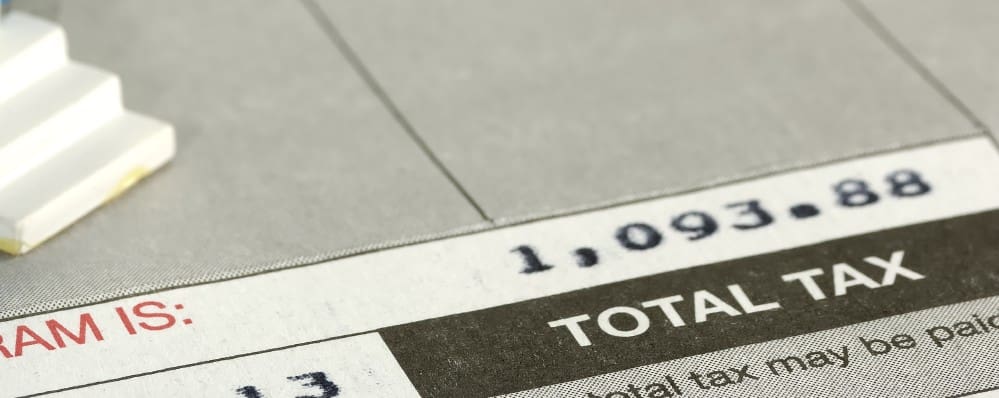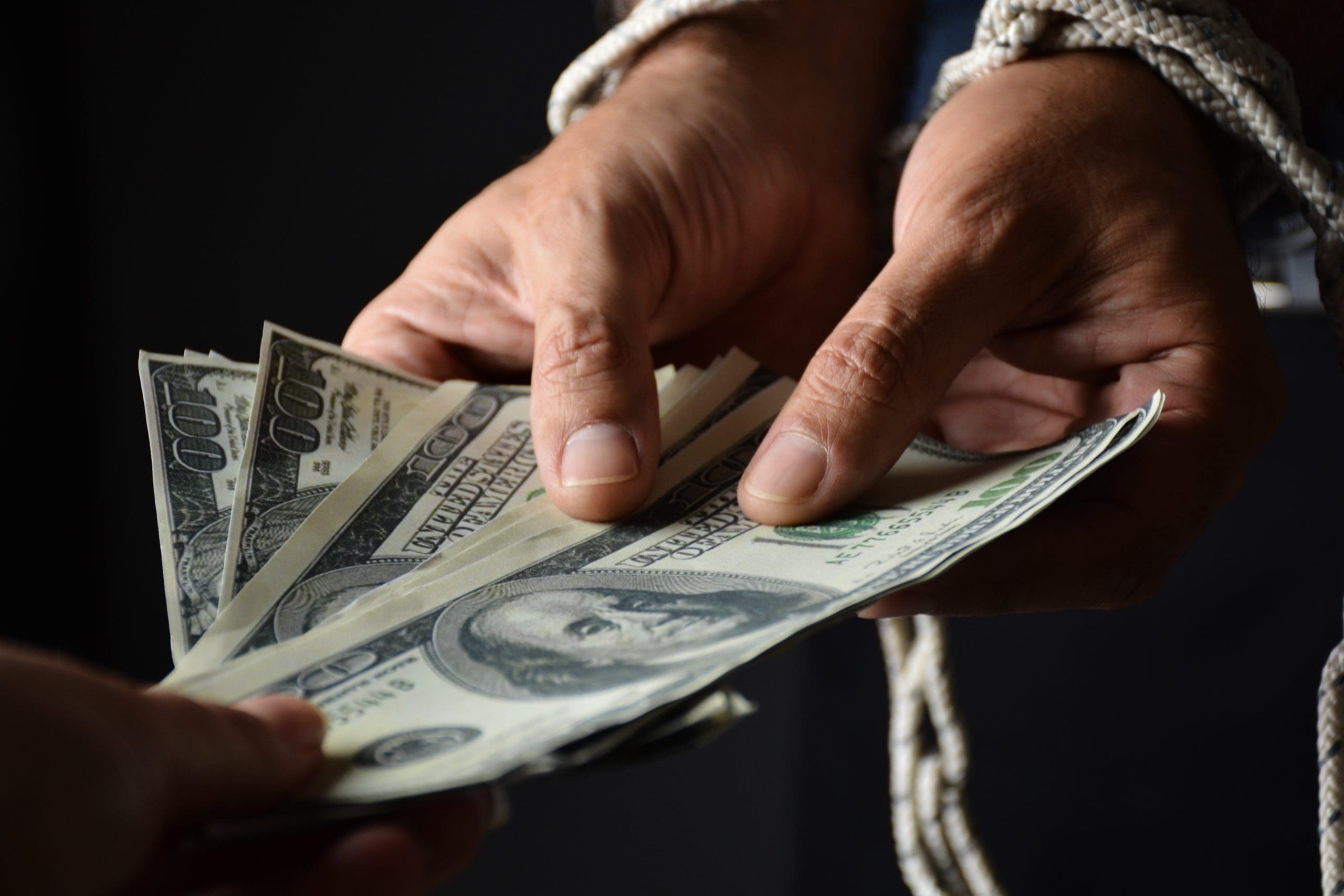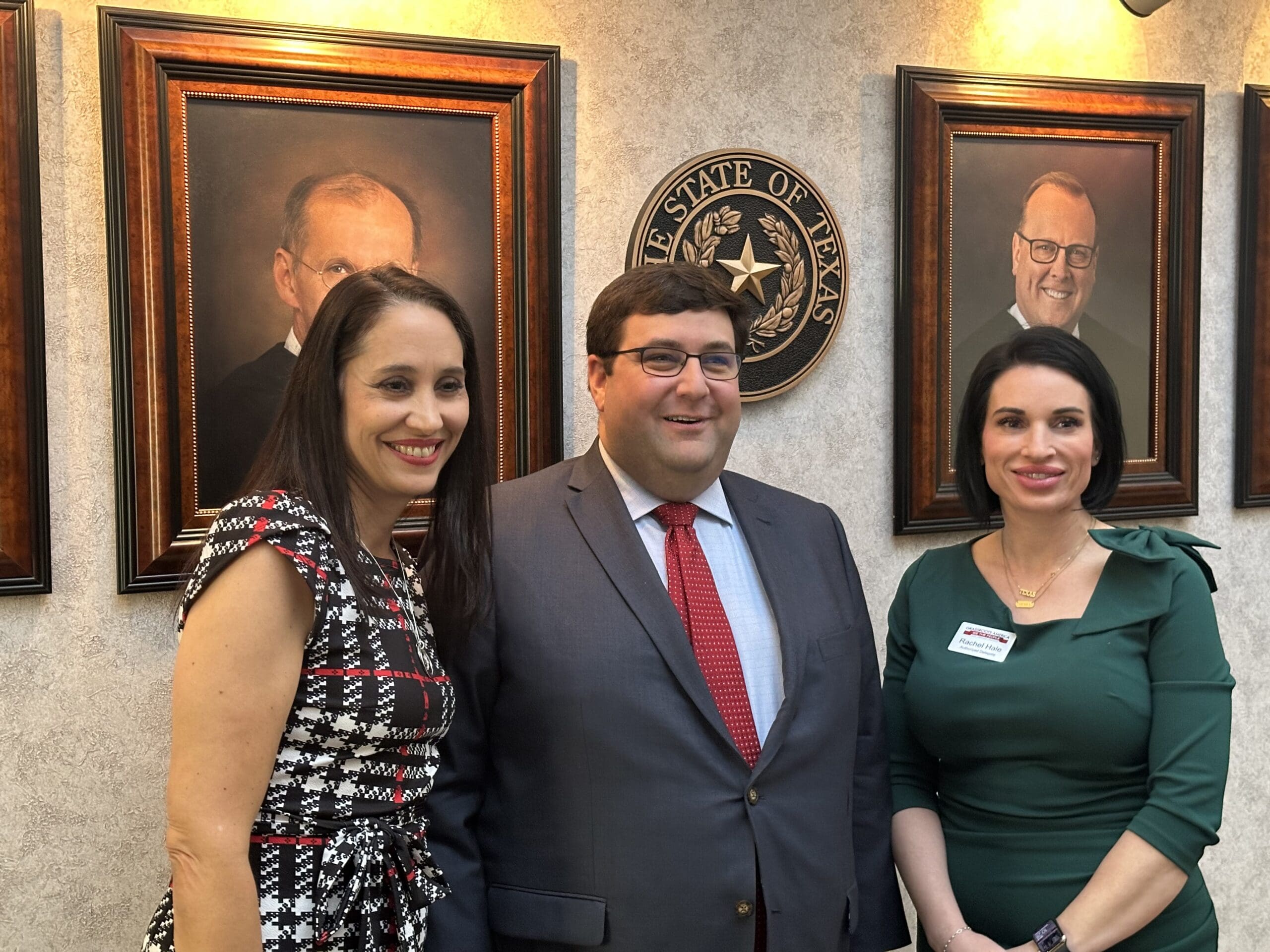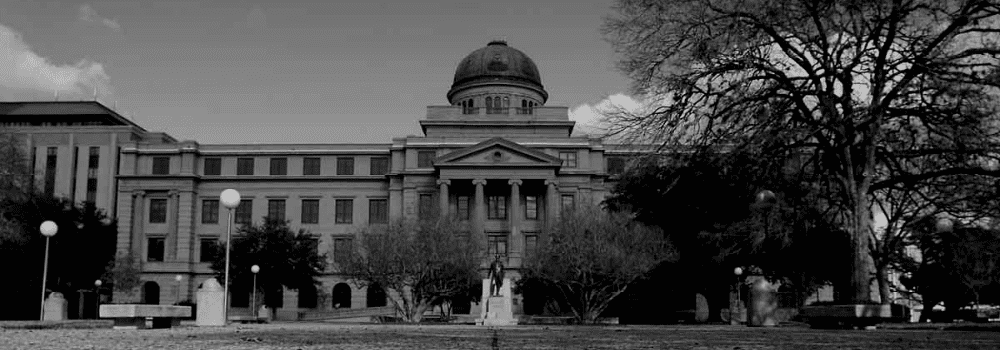Due to rapidly rising property values, Collin County residents are facing the threat of a higher county property tax bill unless officials significantly reduce tax rates.
With enough reserve funds saved to support nearly a full year of county government operations (over $170 million), officials led by County Judge Keith Self recently signaled a desire to support a 1 cent property rate reduction as opposed to a smaller cut, which would take the rate from the current 23.5 to 22.5 cents per $100 of value.
Taxpayers would collectively save roughly $5 million more in tax revenue with the larger one-cent reduction.
Since property taxes are a function of both a property’s value and the applicable tax rate, governments are often able to raise the average tax burden as values rise without actually having to vote to raise rates. They then campaign on an alleged record of not “raising taxes,” but that isn’t necessarily true.
In some regions with abnormally high rates of growth, taxpayers receive a higher property tax bill than the year before even after tax rates are lowered.
Collin County officials hope to avoid this predicament by significantly lowering the rate in 2016 and beyond, while preserving the county’s perfect bond rating. The proposed one-cent rate cut is possible, in part, because officials have exercised fiscal restraint in recent years.
County Judge Keith Self stated he was pleased to learn that such restraint has allowed the county to regularly save more excess tax revenue in reserves than forecasted. In other words, the county often brings in more revenue from property taxes than it needs, even after covering expenses and stashing away savings.
As previously stated, the reserve fund balance exceeds $170 million. But even after accounting for nearly $71 million in one-time capital needs for future road projects such as the HWY 75 expansion and Outer Loop Loan, the county could still afford a one-cent cut, while maintaining more than twice the amount of reserves necessary to maintain its perfect bond rating.
The current tax system creates a perverse incentive for officials to overtax to ensure they “have enough,” and to spend any “excess” money left over. If they fail to not set money aside for future projects, they simply issue new bonds (debt). In the case of Collin County, they’ve taken a different path—they’ve stashed away excess funds without spending them, resulting in a reserve fund twice as large as what’s preferred by rating agencies.
Fortunately, this means the county can pay cash for needed projects, instead of issuing debt. It also means they can weather economic downturns that result in stagnating (or declining) property values. But it also means that, in addition to the above, they can significantly reduce rates as property values rise.
In the previous two years, property values have climbed 6.2% and 9.3% respectively. With the county in such sound fiscal condition, residents should urge their county officials to approve a 1-cent property tax rate reduction in order to help offset the increased tax burden resulting from ever-increasing property values.
That’s a decision that will ultimately be finalized by Monday, September 21st.
[emailpetition id=”4″]




